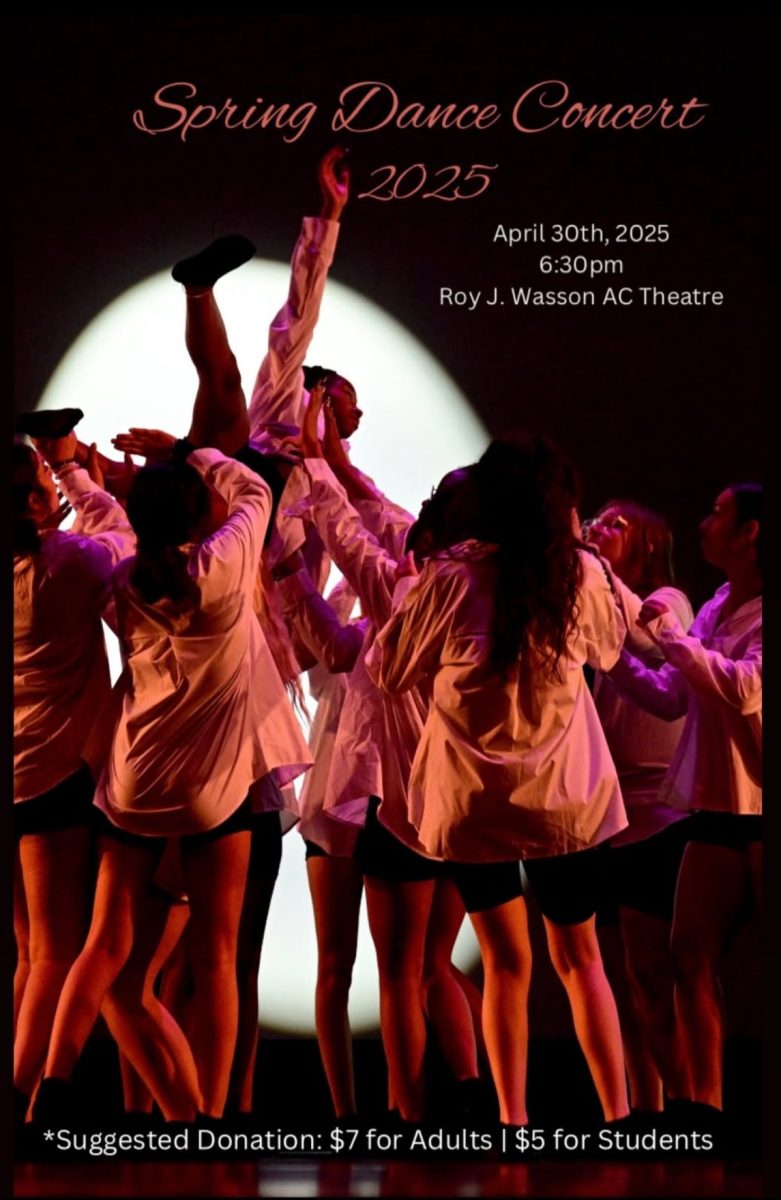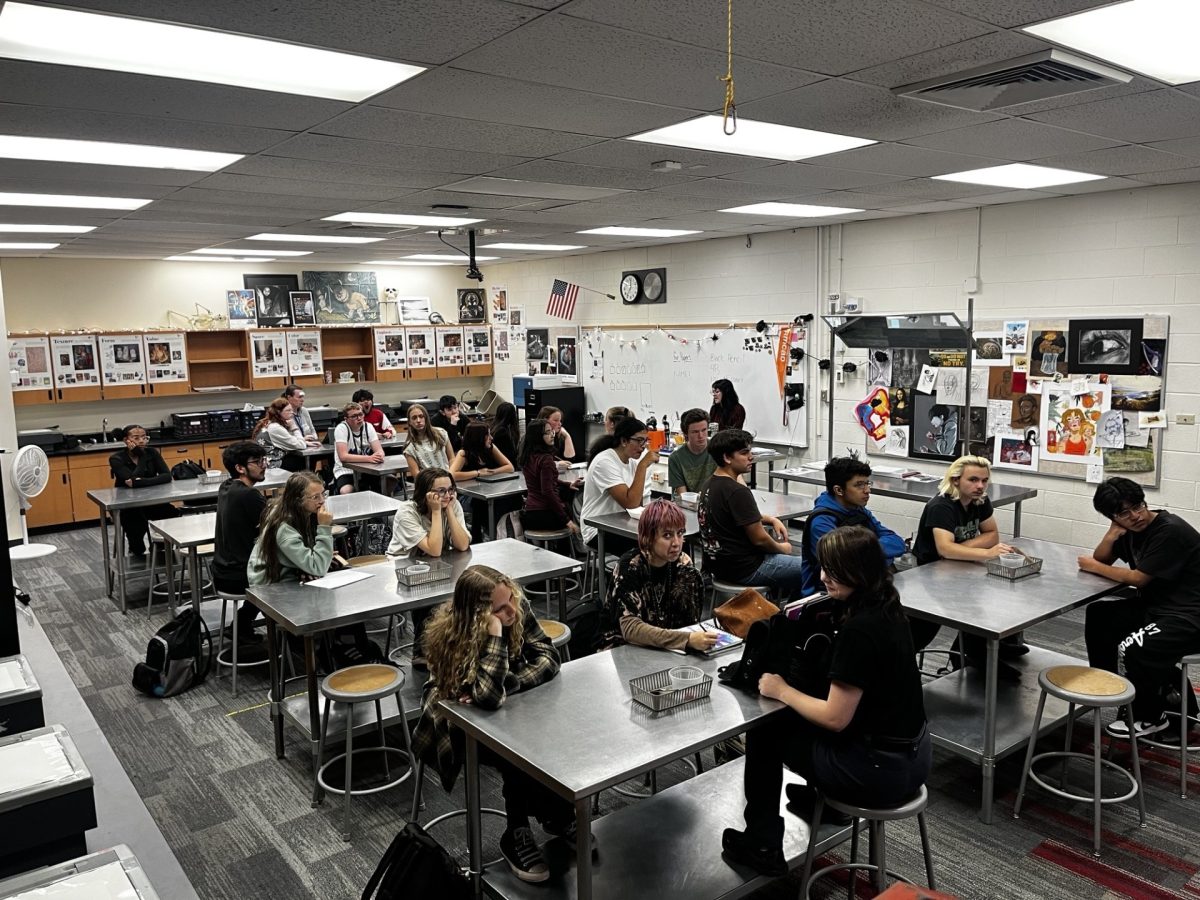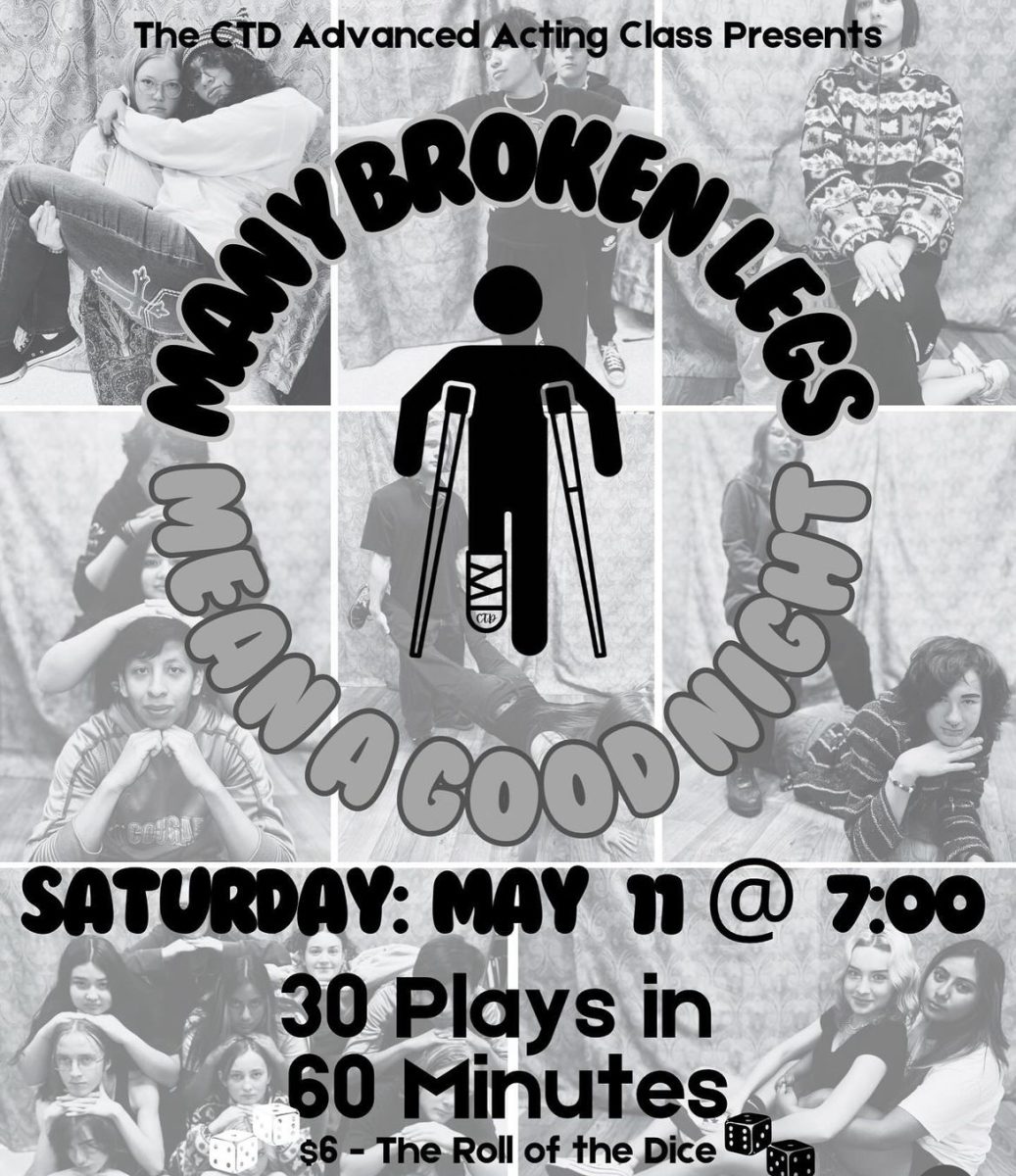She’s a Barbie girl in a Barbie world, and she’s making a big impact. The exact nature of this impact means something different depending on who you ask, so what are some common ways that Barbie has changed people’s lives?
Barbie, released in June 2023 and written/directed by Greta Gerwig with additional writing by Noah Baumbach, is the latest rock skipped across the media pond, making a big splash – mostly because of the film’s messages and themes. Online, it’s a drastic see-saw of positivity and negativity; many praise Barbie, whilst others condemn the film for being “woke,” mostly because of Barbie’s intention of elevating women in a patriarchal society.
Wesley Braden, Class of 2025, spoke about why the film is important in the modern climate: “Most girls grow up having all the blame put on them for existing and this movie is a way to urge girls to stand up for themselves.” Many forget that, even now, in 2023 and approaching 2024, misogyny and patriarchy are still increasingly prominent. Mr. Ziser, the AP government and law teacher, said this on the subject: “The…broad address of patriarchy was welcome, if even painful … We are forced to confront realities we would rather believe we have evolved beyond, but simply have redressed in more modern clothes.”
Many people are still so heavily steeped in the culture of patriarchy that they lose the ability to see anything related to it as anything but normal. Wesley adds, “Their logic is often backed by a mass of misogyny and hate towards those who are different. They will nitpick every aspect to criticize because they very obviously think that these issues do not exist anymore, when it is them who is actively keeping these problems [alive].”
People like Ben Shapiro are especially guilty of this sort of blissful ignorance. In a 42-minute-long YouTube video, the “radically conservative” media personality repeatedly bashes the movie, misunderstanding the film’s themes at such a deep level that it skews his entire perspective of Barbie. Throughout the video, he diminishes the current-day struggles women face from institutionalized misogyny, becoming the exact type of person the movie criticizes through its characters. He claims it is unrealistic, that women do not actually face these things, yet if any number of women (or even girls still attending school) are asked about these issues, they’ll tell you that these situations are, in fact, painfully accurate. Additionally, throughout the video, he makes transphobic remarks about one of the actresses, Hari Nef, who is transgender, and even derogatorily calls Kate McKinnon’s character the “wise weird lesbian barbie”, and mocks Margot Robbie’s “airheaded” and “stupid Barbie” frequently.
The video he made has over 3 million views, and though several of the views are most likely from people who hate-watched the video, it has also amassed 91 thousand likes. It’s a pessimistic sign for the world, considering many of these people who liked the video deny that patriarchy or misogyny even exists, and from Wesley, “their opinions give away just how stubborn and afraid they are of change and difference.”
One film is not enough to change the world and restructure things so deeply ingrained into our society from the start, but it is enough to open an honest dialogue. Greta Gerwig created a “work that was simultaneously deeply personal and broadly relatable. Greta Gerwig is an auteur who tells stories unapologetically steeped in her own experience and perspective while inviting her audiences to see themselves in that reflection” added Mr. Ziser, speaking about the purpose of the film. With such a personal connection to the film, it made the messages that much more impactful. In the words of Ken and Mr. Ziser, “We are all Kenough.”








